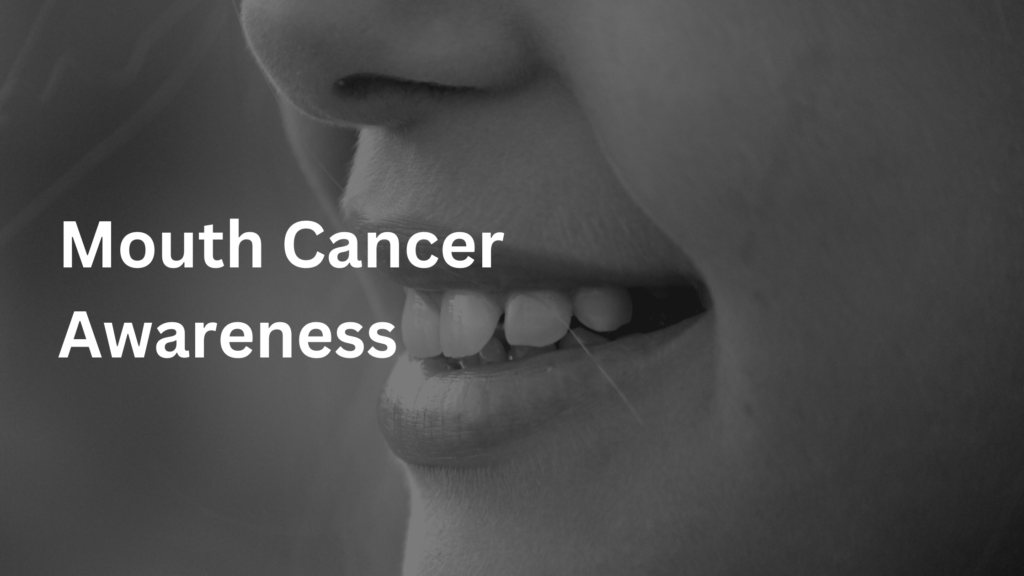8,500 new cases of Mouth Cancer are recorded every month in the UK according to Cancer Research UK. Individuals can access practical and emotional support during and after treatment via resources such as the Macmillan Cancer Support group.
Mouth Cancer or as it is sometimes called Oral Cancer, is when abnormal cells divide and grow in the mouth. It could start off as an ulcer that is not healing, in the lips, gums, soft sides or a lump or swelling in the neck.
It is crucial to see your GP as soon as possible to prevent it becoming worse, with other factors of the stage (size) and grade (how abnormal the cells are) to be considered, on what treatment is likely.
There is no specific cause for Mouth Cancer, but some risk factors could be drinking alcohol, smoking, and the Human Papillomavirus (HPV) infection, which is a type of virus that infects the cells lining the body cavities and skin, which is spread through sexual activity and skin to skin contact.
A lot of people might get HPV during their lifetime with no side effects, fighting off the infection naturally, but others might get it with it causing changes in the cells later leading to Cancer.
There are about 100 types of HPV with each having a number, but the main types in mouth and Oropharyngeal Cancers are HPV 16.
Research suggests that 35 out of every 100 people in the UK with Mouth Cancer was caused by drinking alcohol,17 out of 100 from smoking and HPV causing about 50% out of a 100 with Oropharyngeal Cancers, which are worrying statistics when arguably some could have been prevented.
Some people appear to be more vulnerable as they may have a weak immune system, making it more difficult to fight infections. It is important to have regular dental checks as symptoms or signs can be noted, such as red or white patches, which doesn’t always mean that the individual has Mouth Cancer, but it can be monitored and investigated to prevent any further potential issues.
There is no magic wand to stop Mouth Cancer as some may have inherited genes, but for most preventative measures can help, such as making healthy lifestyle choices, eating a healthy balanced diet, keeping to a healthy weight, doing regular exercise, good sleep hygiene, not smoking, keeping within the recommended levels of drinking alcohol, using sun lotions and protection during sexual activities. All which will keep people more resilient, so that if they do get it, they will be fitter to fight it and make a better recovery.



